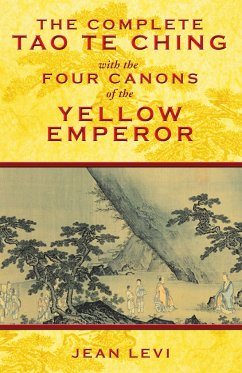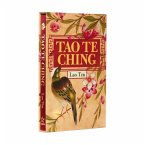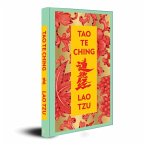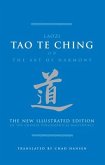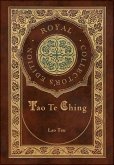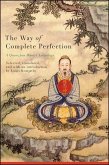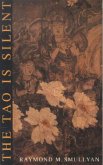EASTERN RELIGION / PHILOSOPHY In 1973, in Mawangdui, China, a large number of silk manuscripts were discovered at an early Han burial place. Among these were two versions of the Tao Te Ching by Lao Tzu. Dated to around 200 bce, these manuscripts were much older than all existing versions and included, quite surprisingly yet deliberately, the Four Canons of the Yellow Emperor--a long-lost treatise never before seen in modern times. Based on both the Mawangdui version of the Tao Te Ching and the recently discovered Guodian version, this book is the first to restore the Four Canons of the Yellow Emperor to its rightful place alongside the Book of the Way. Complementing the philosophy of the Tao Te Ching with its more practical advice, the Four Canons cover the art of ruling, metaphysics, military matters, and ways of meditation. Showing how this pairing of texts established the foundations of the Han Dynasty's power, Jean Levi offers extensive notes throughout the text, providing information essential for understanding as well as highlighting the many connections between these two classic works. JEAN LEVI, a renowned scholar of classical Chinese literature and culture, studied at the University of Beijing and the University of Fudan as well as in Shanghai during the Cultural Revolution. A director of research at the National Center of Scientific Research in France, he has written a number of books on Confucius, Chuang Tzu, and Taoist philosophy as well as a series of historical novels set in ancient China, including The Chinese Emperor, winner of the Goncourt Prize for historical fiction. He lives in Paris, France.
Hinweis: Dieser Artikel kann nur an eine deutsche Lieferadresse ausgeliefert werden.
Hinweis: Dieser Artikel kann nur an eine deutsche Lieferadresse ausgeliefert werden.

